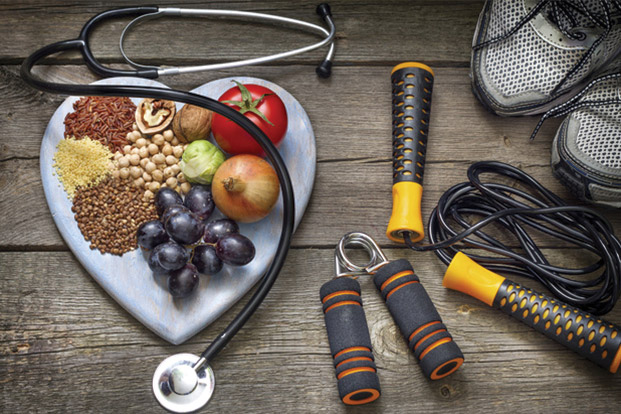What are The “bad” Fats and Which Foods Contain Them?
Apr 19, 2022
Fats are an important component of food and play a number of functions in our body. Fats are concentrated source of energy. It is essential to our daily diet to maintain energy requirement as well as help in absorption of fat-soluble vitamins (e.g. vitamin A, vitamin D, vitamin E and vitamin K). Selections of fats are very important for our day to day food. Bad Fat like saturated fats hydrogenated fats and Trans fats raises low-density lipoprotein (LDL) and suppresses high-density lipoprotein (HDL) cholesterol.

Saturated fats – What to eat and what to avoid?
Saturated fats, which usually come from animal sources, are naturally solid at room temperature. Saturated fats rich foods are lard, butter, whole milk, meat, chicken, pork, ice cream, cheese, etc. Coconut oil and palm oils are also richest sources of saturated fats. Saturated fats show a positive correlation with the risk of cardiovascular disease, mainly due to cholesterol-raising effects and disturb overall lipid profile. Excess intake of saturated fats is also associated with Alzheimer’s disease, poor blood viscosity, diabetes, kidney disease, multiple sclerosis, stroke, breast cancer, prostate cancer, etc.
Hydrogenated fats – What to eat and what to avoid?
Hydrogenated fats are created by a chemical process that turns liquid vegetable oils into semisolid or solid fats at room temperature. Vanaspati ghee is the best example of hydrogenated fats. Tran’s fats (i.e. unhealthy transformation of hydrogenated fats) are the key ingredients for packaged snacks, baked items, stick margarine, shortening and fast foods. Tran’s fat does not only raise the bad form of cholesterol, but they lower the good form of cholesterol. High Tran’s fat intake is not only related to increasing the risk of heart disease, but it is also related to the increased risk of Alzheimer’s disease and lymphoma. Bad fats also suppress the excretion of bile acids, enhance bad cholesterol synthesis in the liver and limit uptake of bad cholesterol in tissues. Many research studies show that even a single meal with a high bad fat content can diminish blood vessel functions and elasticity. But when it is consumed with unprocessed whole foods, may reduce the negative impact on human health. Therefore, the consumption of fat should be made depending on the quality of it, which helps to make life healthier.









